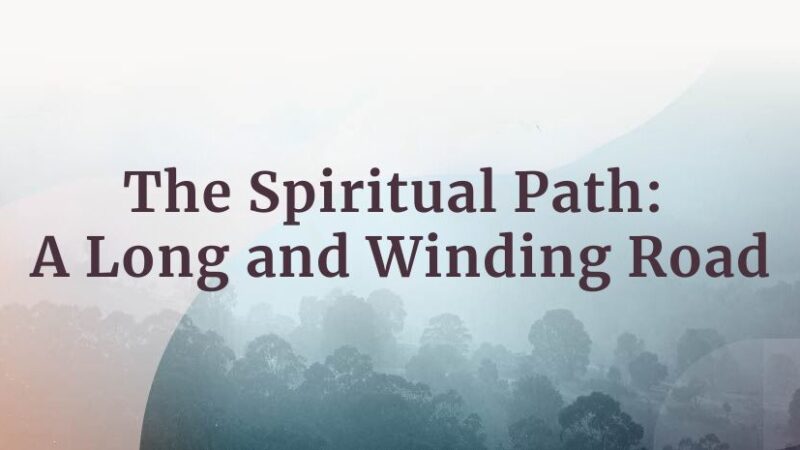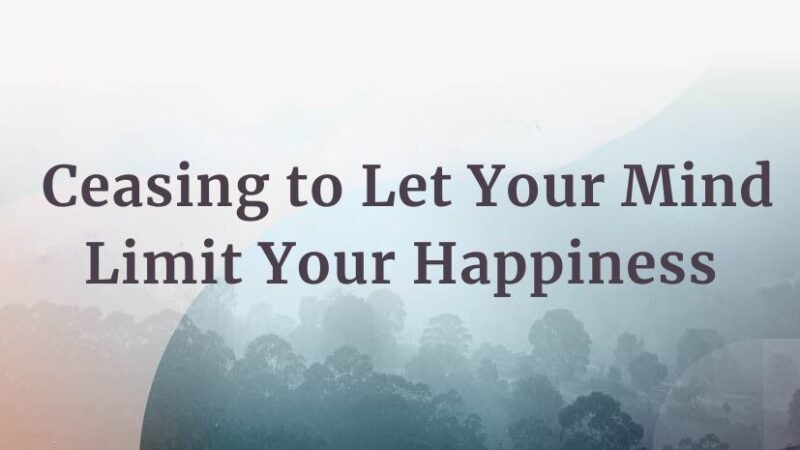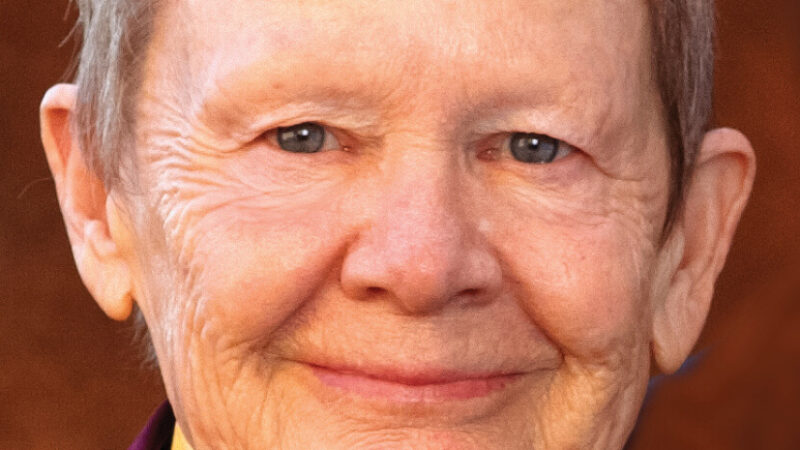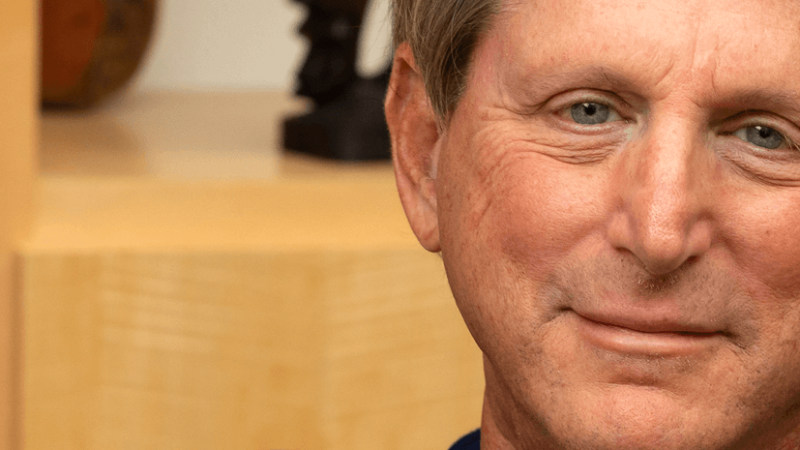What Are Your Five Healing Music CD Picks…That Donâ€...
by Andrew Young (Writer at Sounds True)
Can you help me out here? I need more great “background” music for de-stressing and sparking my creativity.
The skinny: I review healing and meditation music CDs for Sounds True and other retailers and labels and have listened to well over two hundred over the years. Most of them are, uh…just okay. Some totally suck the pranic wind. Of course, you’ll find none of those at soundstrue.com (nudge nudge, wink wink).
I play this kind of music for relaxing, writing, and drawing, so I don’t like distracting melodies, in-your-face vocals, cheesy synthesizers, or stuff that I’ll get sick of after a few weeks of frequent play. Recommendations please!
In the meantime, here are five of my faves:
1. Sampradaya – Pandit Shivkumar Sharma (Real World Recordings). Great for when I’m feeling mentally sluggish or “stuck.” Not marketed as a healing music CD—but incredibly effective as one. The Indian hammer dulcimer (santoor) master plays here with his son Rahul and tabla wizard Shafaat Ahmed Khan. These are traditional ragas, but sound nothing like the familiar sitar/tambour offerings: uplifting, resonant layers of bell-like melodies and jaw-dropping overtones arise independently from the actual struck notes and float beyond the room. Joyful and mind-expanding, sparkly and fresh like cool sunlit rain.
2. Crystal Bowl Sound Healing – Tryshe Dhevney (Sounds True). This is my favorite CD to play when writing, drawing, or photoshopping piles of photos. 100% organic (no synths), beautifully recorded in a giant natural cave (seriously). Tryshe uses rare customized gemstone bowls perfectly tuned for expanding consciousness via the Om frequency and other well-tested resonances. It’s so good that when I first got the 8-minute sample track for writing the CD package copy, I set it on “repeat” and listened to it looped for hours. Tip: if you download this album, don’t “re-rip” the tracks to make them smaller. You’ll want the highest sound quality to fully experience the effect of the pure, subtle harmonics.
3. Aural Resonance Astral Harmony – Simeon Hein (Mount Baldy Press). Yes “astral harmony” sounds really new-agey, but this recording is not, and it is amazing. My massage therapist played this for me during a session years ago. It’s just a sustained, multi-layered perfect-fifth harmonic chord that goes for 70 minutes. Made with 100% synth, but works so well that I grant it full amnesty. This CD is my sure-fire last resort for insomnia and clearing writer’s block, BUT it is not for everybody: the effect is so intense that the first five times I used it, I would sometimes hear it resonating in my head for hours after turning it off.
4. Relax – David Ison (Sounds True). I play this album on my iPhone so often that if it were an old-fashioned LP, it would be worn out. What makes it so good? For one, David doesn’t use brainwave frequency entrainment—he builds his compositions using healing principles based on sacred geometries and proportional tonal relationships and rhythms from ancient Greece, Egypt, and his own intuition and rigorous experimentation. He also uses some very unique studio sound production tools to create tuned ambient spaces that have a clear and calming somatic effect. Even more relevant though is that the music on this album is simple yet incredibly beautiful. The first time I played it, it gave me the chills. The primary “voice” on this album is Ison’s guitar (a massive dreadnought Martin acoustic I think). David has been using this music program to help war veterans in the healing process with powerful results. For maximum effect, play this on a good stereo speaker system or with high-quality headphones.
5. Audio Serenity (iAwake Technologies). These folks are at the far event horizon of brainwave entrainment research. For example, they’ve addressed the problem of frequency habituation—your brain adapting to sound entrainment so that it no longer syncs to beneficial effect. Problem solved here (don’t ask me how, but it works). And they use a suite of other acoustic technologies to massage your brain, nadis, meridians, and positronic circuits (if you’re a Star Trek android). Sound-wise, this program does in fact use synth, but it’s very gentle. Get ready for an extremely quick and deep calming effect. My only caveat is that it’s pricier than a conventional music track (iAwake’s first-hand research takes time and resources). That said, I can tell you that this program is as effective as the awesome MindSpa [http://avstim.com] audio-visual entrainment device that we reviewed here at Sounds True a while back—at a fraction of the cost.
Okay your turn: please recommend some of your favorites so we can all have more relaxation and creativity music options!






